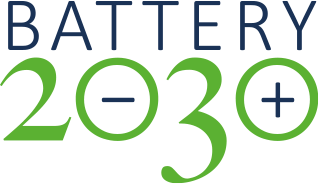2019-12-09
The European Commission has approved under EU State aid rules an Important Project of Common European interest (“IPCEI”), jointly notified by Belgium, Finland, France, Germany, Italy, Poland and Sweden, to support research and innovation in the common European priority area of batteries.
The seven member states will provide in the coming years up to approximately €3.2 billion in funding for this project, which is expected to unlock an additional €5 billion in private investments. The completion of the overall project is planned for 2031.
“Battery production in Europe is of strategic interest for our economy and society because of its potential in terms of clean mobility and energy, job creation, sustainability and competitiveness. Our Important Projects of Common European Interest smooth the way for public authorities and industries from several member states to come together and design ambitious innovation projects with positive spill-over effects across industrial sectors and regions. The approved aid will ensure that this important project can go ahead without unduly distorting competition”, said Margrethe Vestager, according to the press release. She is Executive Vice-President “Europe fit for the Digital Age” and Commissioner in charge of competition policy.
“Our focus on scaling up innovation under the European Battery Alliance is yielding strong industrial partnerships. Thanks to intensive efforts by seven member states, industry and the Commission, Europe’s first major pan-European battery ecosystem is emerging, with lead projects in all segments of this strategic value chain. We have found the right recipe for our 21st century industrial policy: strong cooperation between industrial actors, concerted action to accelerate lab-to-market innovation, joined-up financial instruments from both, private and public sectors, and a fit-for-future regulatory framework to underpin a stronger European knowledge-based economy”, said Maroš Šefčovič, Vice-President for Interinstitutional Relations and Foresight, in the press release.
The project will involve 17 direct participants, mostly industrial actors, including small and medium-sized enterprises (SMEs), some of which with activities in more than one member state. The direct participants will closely cooperate with each other and with over 70 external partners, such as SMEs and public research organisations across Europe.
Read the full press release from the European Commission.
